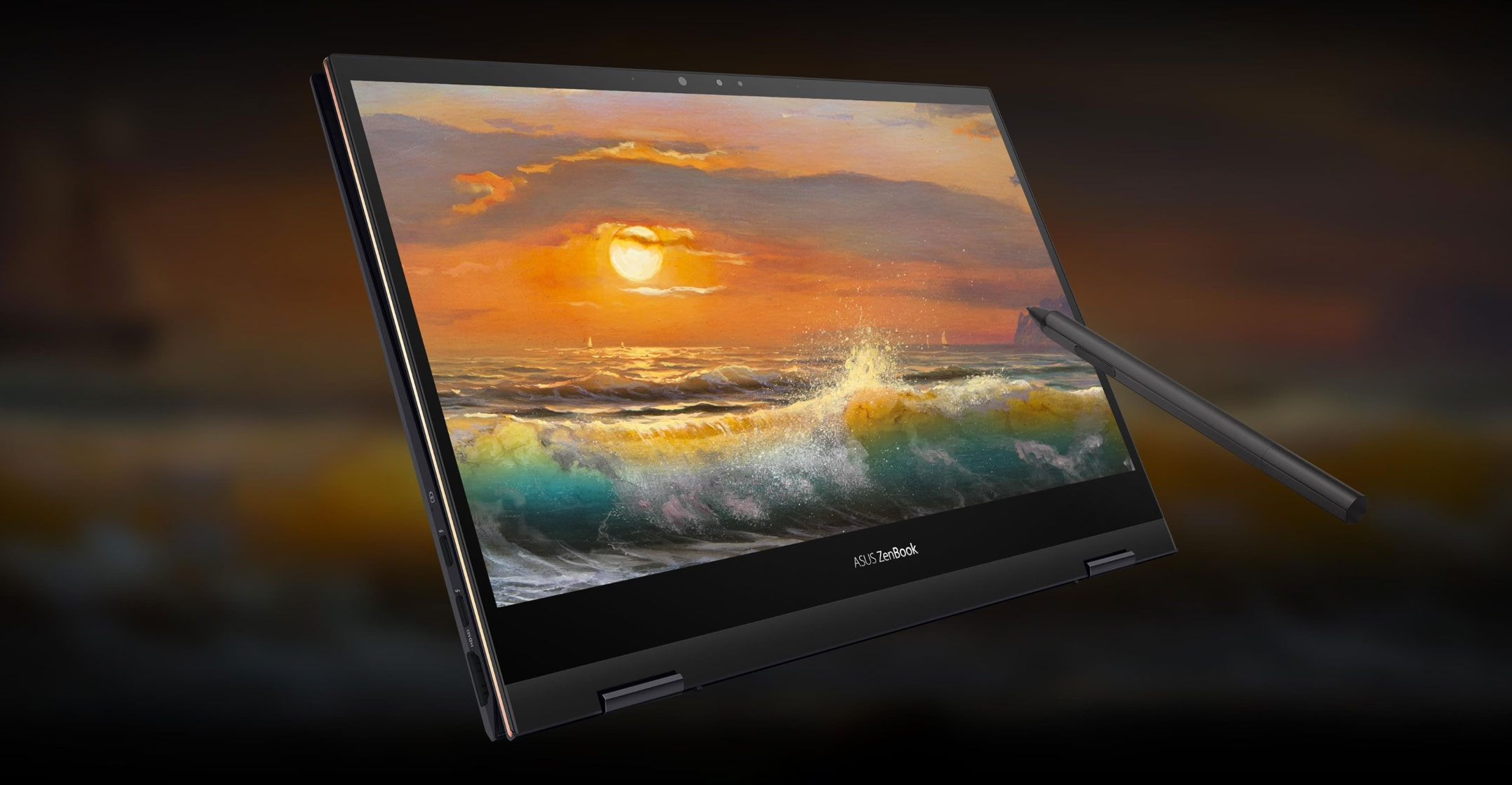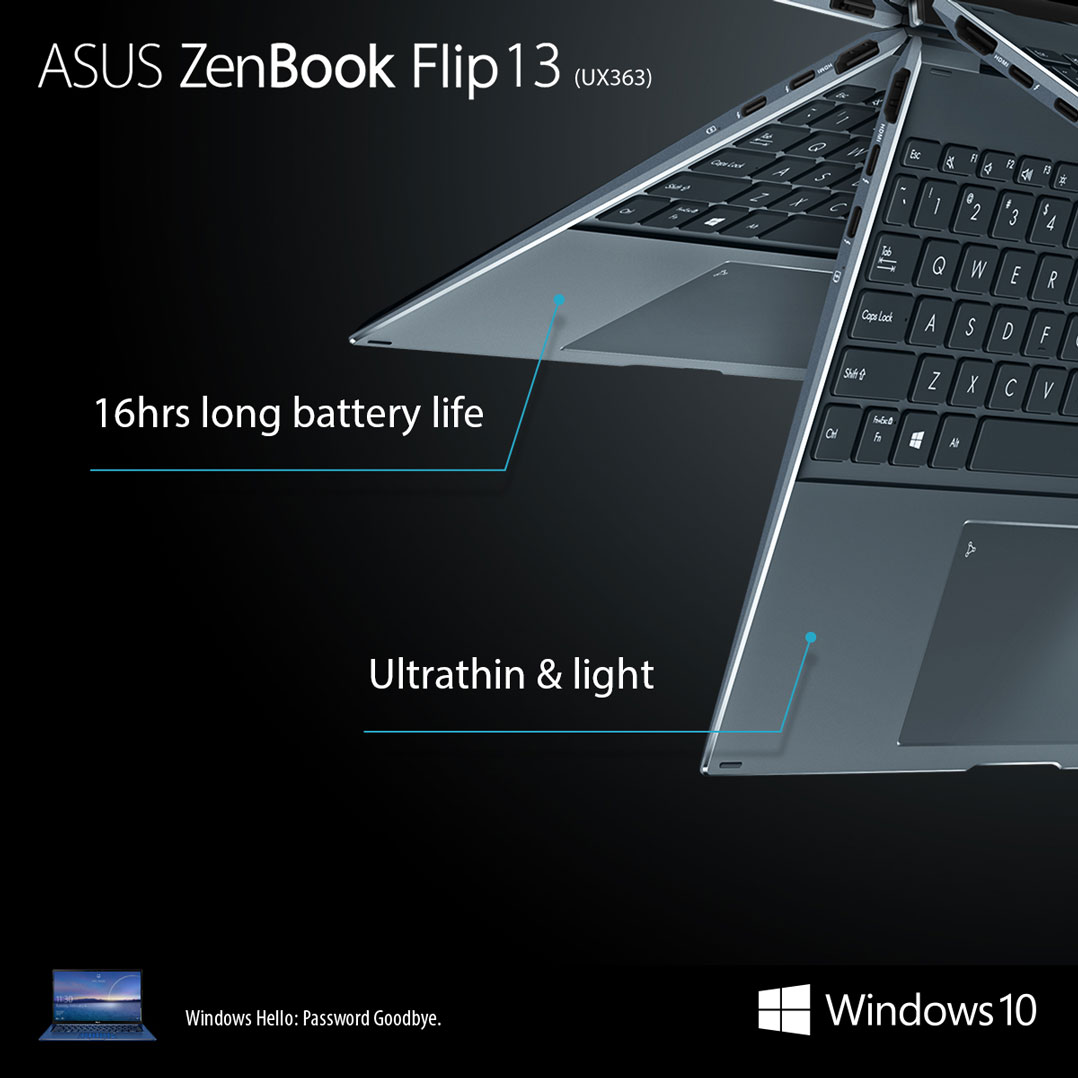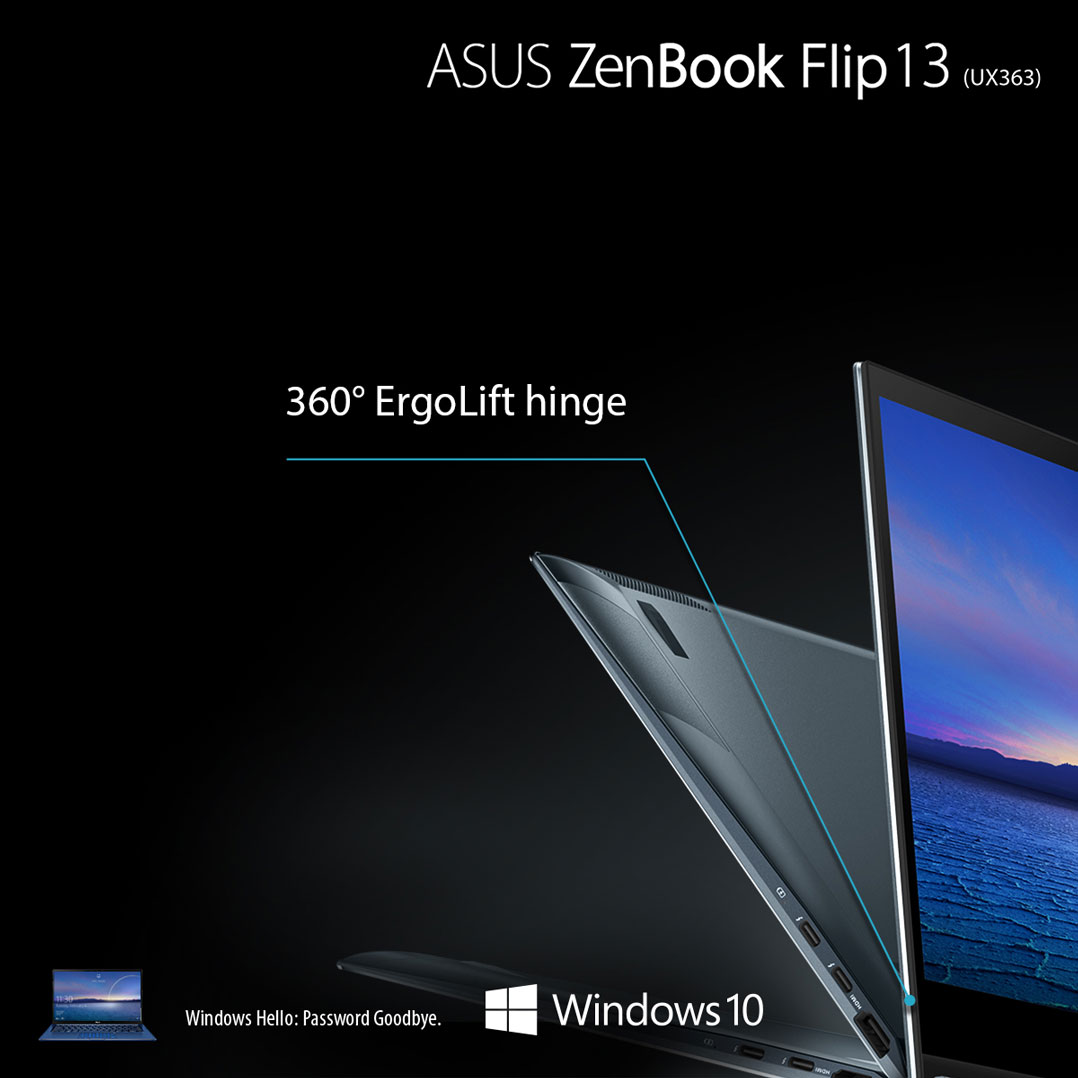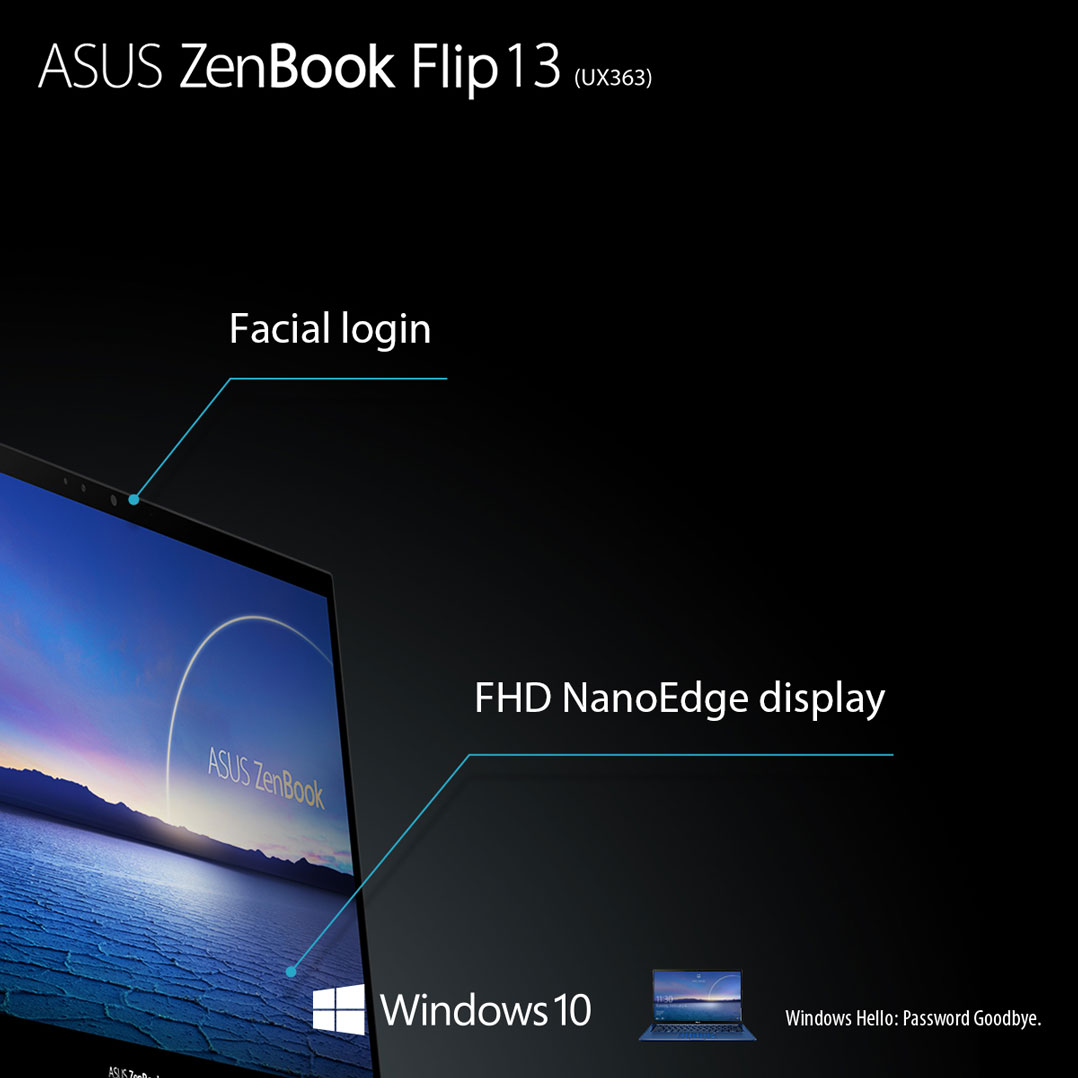 With the coronavirus pandemic lockdowns causing many people – and especially children – to spend more time than ever on their laptop computers, the type of display technology used in these devices has never been more important.
With the coronavirus pandemic lockdowns causing many people – and especially children – to spend more time than ever on their laptop computers, the type of display technology used in these devices has never been more important.
That’s the view of Juan Mouton, country marketing manager at ASUS, who points out that just as laptop processing power, portability and battery technology has evolved over the years, so, too, has display technology.
“Old computer monitors, like televisions, made use of cathode-ray tube (CRT) technology. The evolution of this into liquid crystal display (LCD) led to the rise of flatscreen televisions and today’s small, light laptop PCs. Now, however, LCD is giving way to OLED (organic light emitting diode), and for very good reasons, ranging from easier viewing in bright ambient light conditions, to long-term eye health,” he says.
Mouton believes there are five key reasons why anyone considering buying a laptop today should always insist on an OLED display.
1. Protect vulnerable eyes
ASUS OLED displays have 70% less harmful blue light than LCD laptops. The eyes are not good at blocking blue light, which easily passes through the cornea and lens and reaches the retina at the back of the eyeball. Studies suggest that when eyes are continually exposed to blue light, this can lead to damaged retinal cells, causing vision problems like macular degeneration – and permanent vision loss – in later life.
Blue light is even more harmful for children’s eyes than it is for healthy adults. The crystalline lens that provides the eye some protection from harmful light is more transparent in children. Around 80% of blue light entering the eye will pass through a five-year-old’s lens, compared to 20% for a 60-year-old adult. This could cause premature ageing of the child’s retina.
However, at the other end of the age spectrum, blue-light protection may be very important for adults who have had cataract surgery in which the eye’s natural cloudy lens is replaced with an intraocular lens. While the adult eye’s natural lens does block some blue light, this protection may be lost after cataract surgery, depending on the type of intraocular lens used.
2. Improve general health
Too much exposure to blue light can affect sleep cycles because it blocks the sleep-inducing hormone, melatonin, thus increasing alertness and resetting of the body’s internal clock or circadian rhythm. This is why experts strongly recommend that everyone, but particularly children and teenagers, stop using any screen – televisions, smartphones and laptops – for at least a couple of hours before bedtime.
Blue light also contributes to digital eye strain and what’s known as “computer vision syndrome”. Symptoms of computer vision syndrome include headaches; loss of focus; burning, tired and/or red eyes; double vision, eye twitching; blurred vision; and neck and shoulder pain.
Reduced blue-light emissions from an OLED display could therefore contribute to increased overall comfort when working on a laptop for extended periods of time.
Article continues below…
 3. Improved colour coverage
3. Improved colour coverage
OLED laptop displays have far better colour coverage than their LCD counterparts – 100% DCI-P3 colour gamut, which is the equivalent of 133% sRGB (standard red, green, blue). LCD displays generally have only around 65% sRGB.
What does this mean? While colour gamut (the range of colour that is visible to the human eye) has to do with the actual colours, a product’s colour coverage indicates its ability to reproduce and communicate colours.
Although sRGB is the most widely used colour space, DCI-P3 – developed by the motion picture industry – opts for a colour gamut that is nearly a quarter wider than its sRGB counterpart.
Effectively, the wider the colour gamut and colour coverage, the richer and more realistic the colours of the laptop’s display.
4. Better contrast and colour volume
Once another dimension, “brightness”, is added into the two-dimensional colour gamut, it becomes the “colour volume”.
OLED laptops can have 1.6 times display colour volume compared to LCD laptops. This means OLED laptops will always have 100% DCI-P3 colour coverage at high or low brightness, while LCD laptop colour coverage decreases dramatically at low brightness.
OLED laptops also have 1.3x higher perceptual brightness compared to LCD laptops within an office environment. This allows you to see the content clearly at much lower brightness – which means less harmful blue light into your eyes and you can see content more comfortably compared to LCD laptops. The effect is similar to the greater comfort experienced when reading a paper book instead of a strongly lit digital display.
Finally, OLED laptops have a much higher extreme contrast ratio (100 times more than an LCD) – true black for true colours and better contrast. Extreme contrast allows for astonishing detail and sharpness.
5. Faster response times
Getting the lowest possible display response time will ensure image ghosting is minimised, delivering overall better clarity and quality.
The average LCD display has a response time of over 10 milliseconds, whereas OLED displays have a 0.2ms response time. That’s 50 times faster. This ultrafast display response time allows for blur-free sports, video and movie viewing – and an unsurpassed gaming experience.
To learn more, please visit the ASUS website.
- This promoted content was paid for by the party concerned




